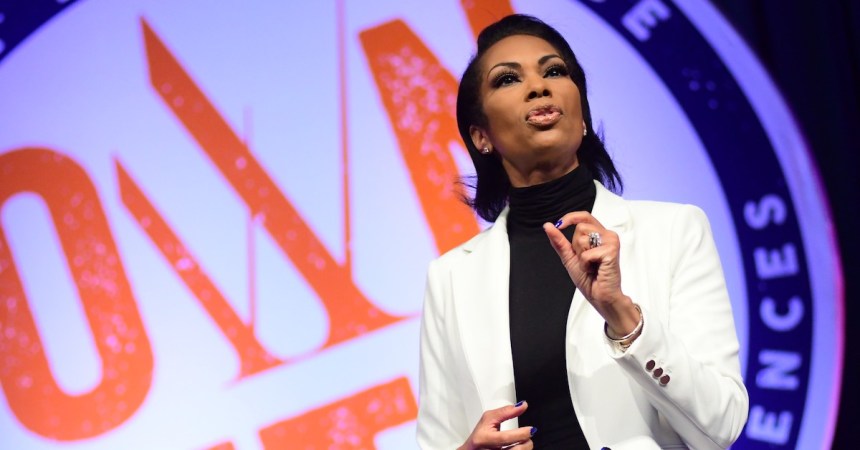Alcohol is, like, super awesome. All the cool kids are drinking (unless you’re underage, then none of the cool kids are drinking it, you delinquent), it can lower peoples’ inhibitions, and it’s actually super easy to make and distribute.
So, it’s probably no surprise that the military likes alcohol or that many warriors throughout time have loved the sauce. Here are four times that drinking (or even the rumor of drinking, in one case) helped lead to a battle:

The Schloss Itter Castle was the site of one of history’s strangest battles, in which American and German troops teamed up to protect political prisoners from other German troops.
(Steve J. Morgan, CC BY-SA 3.0)
Waffen SS soldiers got drunk to attack a Nazi-American super team defending POWs
It’s been dubbed World War II’s “strangest battle,” that time German and American soldiers teamed up to defend political prisoners from an attacking SS battalion at Castle Itter. If you haven’t heard about it, this article from Paul Szoldra is worth a read.
What he doesn’t mention is that the Waffen SS soldiers attacking the castle in an attempt to kill the political prisoners had to stockpile some courage first, and they decided to steal the castle’s booze, drink it up, and finally kill the prisoners. Unfortunately for them, they took too long, giving the American and Wehrmacht defenders time to team up and occupy the castle. The attack failed, the prisoners survived, and 100 SS members were captured.

Washington inspecting the captured colors after the Battle of Trenton.
(Library of Congress)
Rumored Hessian partying paved the way for Washington’s post-Christmas victory
Gen. George Washington’s Christmas Day victory over the Hessians is an example of tactical surprise and mobility. It was a daring raid against a superior force that resulted in a strategic coup for the Colonialists, finally convincing France to formally enter the war on the side of independence.
And it never would’ve happened if Washington’s staff officers hadn’t known that Hessians liked to get drunk on Christmas and that they would (hopefully) still be buzzed or hungover the following morning. Surprisingly though, none of the Hessians captured were found to be drunk after the battle. Alcohol gave Washington’s men the courage to get the job done, but it turns out the chance for victory was inside them all along.

Viking ships attack and besiege Paris in 845.
Nearly all Viking raids were preceded by drunken debates
When Vikings needed to make major decisions, like about whether to launch new raids or engage in a new war, they did it in a stereotypically Norse way: By getting drunk and debating the decision with no emotional walls between them. Then, they sobered up to finish the debate.
But, once they decided to do battle, they were much more likely to be sober. The Vikings were professional warriors who left the village for the sole purpose of raiding, and they took their work seriously. So, the decision to do battle was aided by alcohol, but the actual fighting succeeded thanks to discipline.

Celts fought the British at the Battle of Culloden, probably mostly sober. But the Celts, historically, liked to imbibe before a fight.
The Celts would get plastered before battles on beer or imported Roman wines
Celts loved their alcohol, and anyone with the money went for jar after jar of red wine from Italy. For warriors heading into battle the next day, the drinking was a way to mentally prepare, to bond, and to get one last night of partying on the books in case you didn’t make it through.
Of course, most Celtic warriors weren’t financial elites, so they were much more likely to be berserking their way through battle drunk on beer and mead than on imported wines.
Want more cases of alcohol playing a role in war? Check out 7 times drunks decided the course of battle.


























